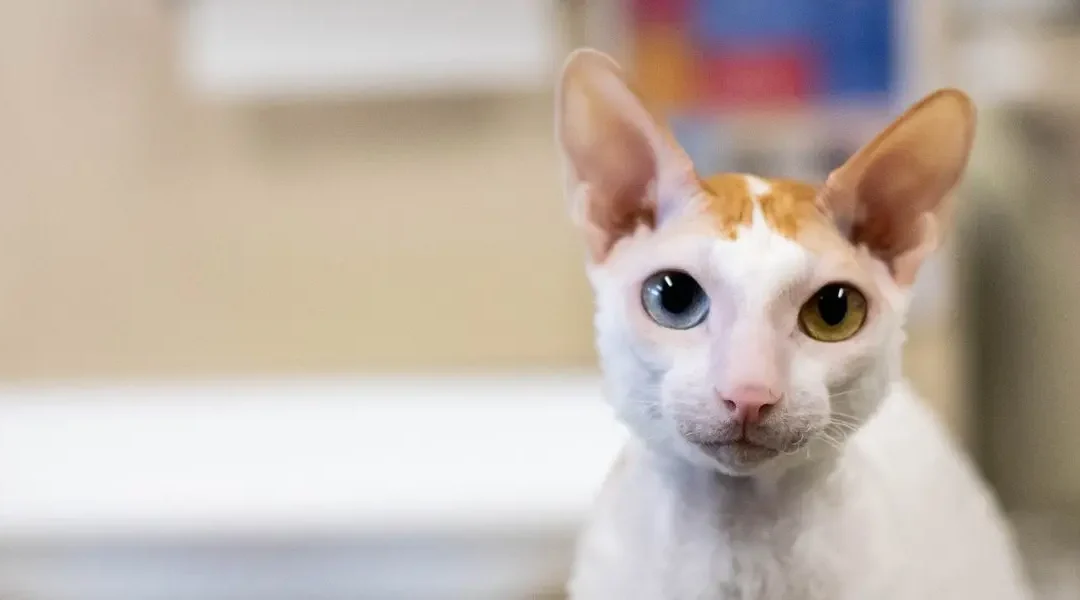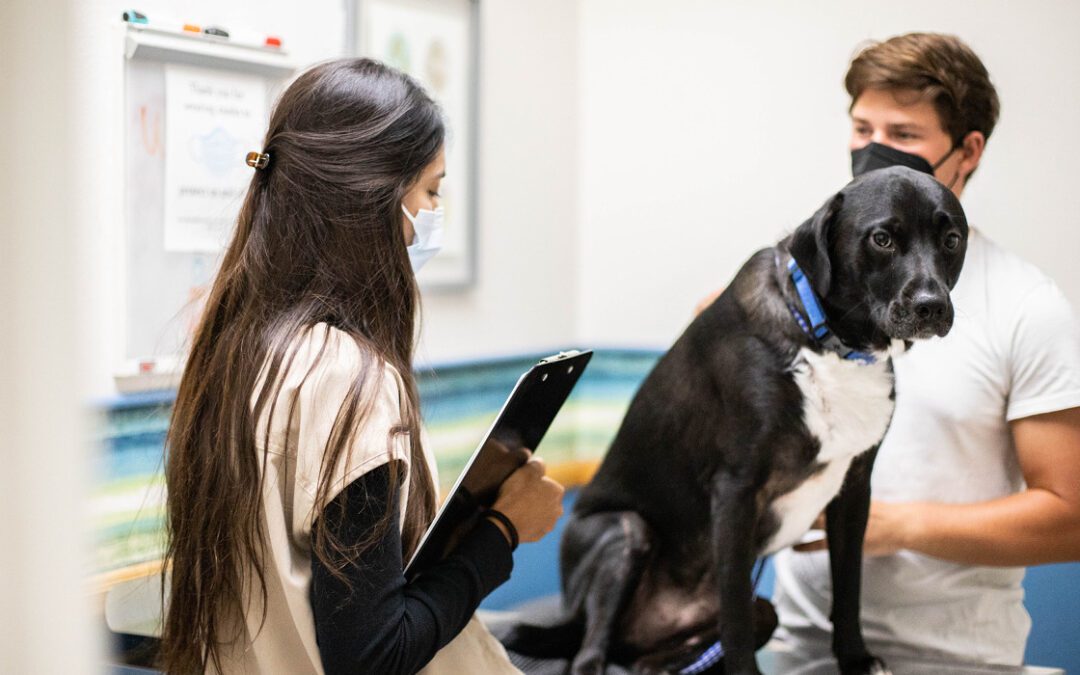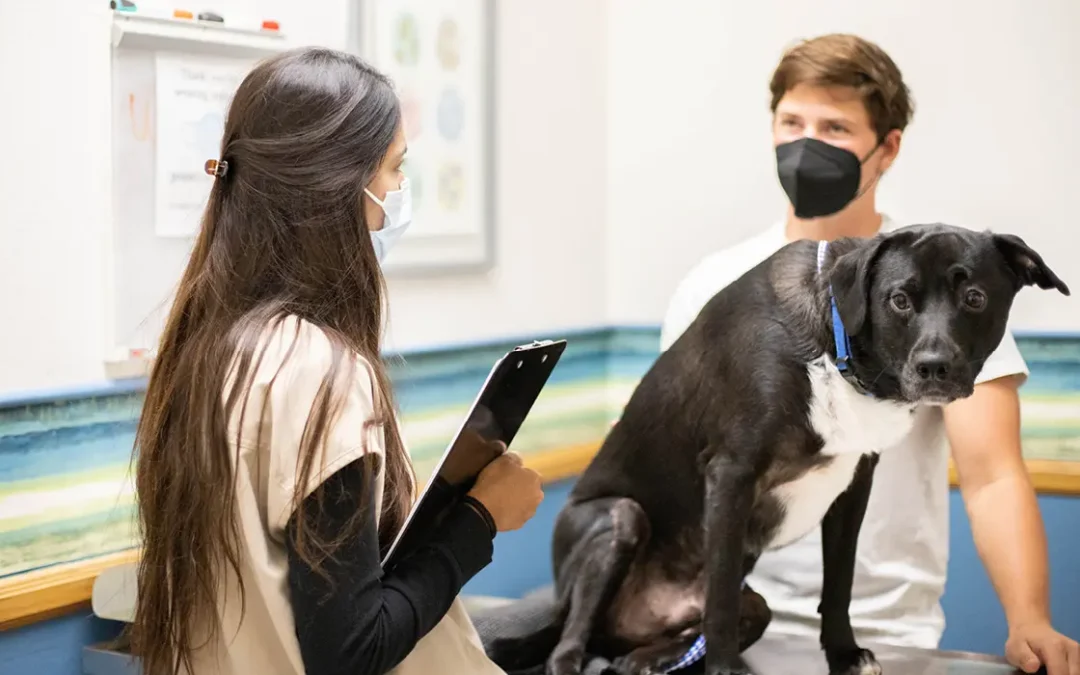Vomiting
Vomiting is a very common condition in cats, and it can be caused by a variety of circumstances. They can range from ingestion of anything dangerous or inedible (such as string) to infection, urinary tract disease, diabetes, and hairballs.
Drooling and abdominal heaving are two of the most common symptoms. Vomiting can severely dehydrate your cat, so if your cat continues to vomit or acts uncomfortable, contact your veterinarian to make an appointment as soon as possible. It may be beneficial to collect a sample of your cat’s vomit and bring it to the clinic with you.
Diarrhea
Diarrhea can be brought on by a variety of factors. Intestinal parasites, consumed food scraps, allergies, infection, liver illness, cancer, and other circumstances can all lead to diarrhea in cats.
Loose, watery, or liquid feces are symptoms of diarrhea. Diarrhea might last a day, a week, or months, depending on the cause.
To avoid dehydration, give your cat plenty of fresh, clean water if they have diarrhea. Then, for no more than 12 hours, eliminate their food. If your cat still has diarrhea after 24 hours, or if you observe vomiting, dark or bloody stools, fever, lethargy, or loss of appetite, or if your cat is straining to defecate, take them to the vet as soon as possible to determine the cause.
Fleas
Fleas are a common health issue for cats. Fortunately, it’s a condition that’s generally easy to manage. Signs your cat has fleas include:
- Skin irritation
- Frequent itching
- Hair loss or hot spots
- Tiny black dots on the skin (flea dirt)
- Hyperasthesia (spasmodic, seizure-like reactions when a cat is being scratched)
Fleas can live for up to a year, and if the infestation becomes severe, your cat may develop anemia. Consult your veterinarian about the best flea treatment for your cat. Oral medication, powders, foams, and topical medication are all options to manage fleas on your cat.
Tapeworms
Tapeworms, one of the most prevalent feline health concerns, originate from ingesting fleas and live in your cat’s small intestine. Tapeworms can grow up to 2 feet long, segmented, and normally disintegrate when excreted. A whole worm is quite unlikely to be seen. The segments are generally visible in the cat’s feces.
Tapeworm infection symptoms can be mild, but they can include vomiting and weight loss. Examine your cat’s feces, the area around their anus, and where they tend to sleep to determine if they have tapeworms. Tapeworms usually emerge from your cat’s anus while they are resting or relaxed. Your cat most likely has tapeworms if you observe little white worms or what appears to be rice on the outside of their anus or in their excrement.
Feline Lower Urinary Tract Diseases
Feline lower urinary tract disease (FLUTD), which is actually a set of feline disorders with different origins, affects up to 3% of cats examined by veterinarians.
FLUTD can affect both male and female cats, and it is more common in cats who are overweight or unhealthy, or who prefer dry food. Stress, having multiple cats in the house, and abrupt changes can all increase a cat’s risk of FLUTD, and treatment varies depending on the type of FLUTD your cat has.
Symptoms may include:
- Excessive thirst
- Difficulty urinating
- Urination outside the litterbox
- Dehydration
- Depression
- Vomiting
- Lack of appetite
Some symptoms of FLUTD are also present in diabetes and hyperthyroidism, which are both common in older cats. Getting a diagnosis from your veterinarian is important.
Kidney Failure
Kidneys filter waste and keep blood and water levels in check. Cats can acquire acute renal failure or chronic kidney disease if their kidneys break down or deteriorate. Acute renal failure usually occurs fast and can be treated if caught early enough. Chronic renal illness cannot be cured, but with early detection and good care, cats can live a long and happy life.
Kidney disease can be present at birth in kittens, and as cats age, their kidneys can fail. Kidney problems can be caused by infections, trauma, obstructions, or poisoning. Dental disease also causes kidney and heart failure, which is why your cat’s dental health is so important! Kidney disease, if left untreated, can lead to a variety of other health issues. A medical diagnosis that includes blood tests and urine is required.
Symptoms include:
- Weight loss
- Frequent urination
- Bloody urine
- Cloudy urine
- Diarrhea
- Vomiting
- Excessive thirst
Dental Conditions
According to the Cornell Feline Health Center, between 50 and 90 percent of cats over the age of four have some form of dental disease. Gingivitis, periodontitis, and tooth resorption are the most prevalent feline dental illnesses, with various degrees of severity. Most occurrences of dental illness can be avoided or managed with proper care.
Gum or tooth disease can cause considerable pain and suffering in certain cats, lowering their quality of life. Because of the pain, some cats may stop eating, resulting in malnutrition and other health issues.
Obesity
Obesity is defined as a cat weighing 20 percent greater than its optimal weight. Obesity in cats reduces their lifespan and makes them more prone to diseases and illnesses such as diabetes, joint difficulties, cancer, and heart disease.
Contact your veterinarian if you suspect your cat is overweight. They’ll calculate an appropriate weight goal for your cat based on their general health and suggest a new diet to help them lose weight.
Contact Your Veterinarian When Your Cat is Acting ‘Off’
Make an appointment in the PetDesk app with your veterinarian as soon as possible if you suspect your cat’s behavior is abnormal or if they exhibit any of the aforementioned symptoms. The sooner a problem is identified and treated, the better the prognosis. You can improve your chances of detecting changes by studying your cat on a daily basis. If you watch your cat on a regular basis, you’ll know their normal and realize abnormalities much sooner.






